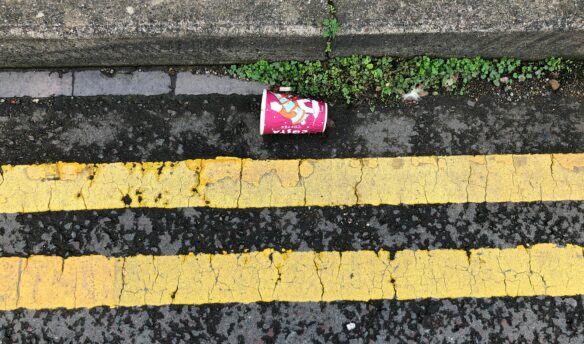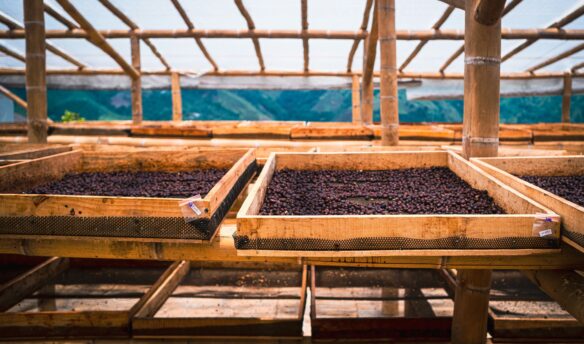There’s both good and bad news for coffee drinkers this week: coffee may lower your chances of developing osteoporosis, but it may harm the quality of blood donations.
First, the good news: a study from China found that those who drink around two cups of coffee per day have a 60% lower risk of developing osteoporosis, compared to those who consume minimal or no coffee. Osteoporosis is a disease that weakens bones, and the risk of developing it increases as we age. Previous research on coffee and osteoporosis has been mixed, with studies finding both positive and negative connections.
For the new study, published in Scientific Reports, researchers analyzed data from nearly 3,000 participants in the U.S. National Health and Nutrition Examination Survey. They found that those with the highest daily caffeine intake—consuming more than 168 milligrams, or about two cups—saw the most potent beneficial effect. Nevertheless, even one cup was found to have a positive impact on osteoporosis risk.
Meanwhile, researchers from the University of Colorado found that drinking coffee before donating blood could lower the effectiveness of the transfusion. The study, published in the journal Haemotologica, examined data from more than 13,000 blood donors. Red blood cells, they discovered, are more prone to damage during storage, and the blood is less effective for recipients of transfusions when it contains high levels of caffeine.
“We’ve long understood caffeine’s effects on the brain and central nervous system, but this is the first large-scale study to demonstrate its impact on [red blood cell] biology,” said lead author Angelo D’Alessandro. “These findings suggest that something as common as your morning cup of coffee could have important implications for the quality of stored blood and how well it works when transfused into patients.”
While several European countries advise limiting caffeine before donating blood, the U.S. does not. Caffeine has also been shown to increase blood pressure and thus make it easier to draw blood.
















